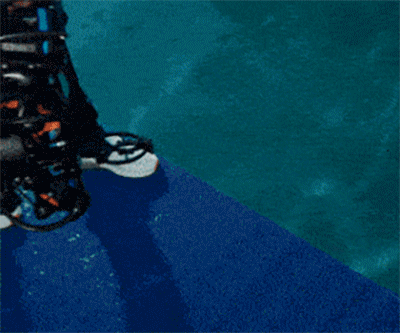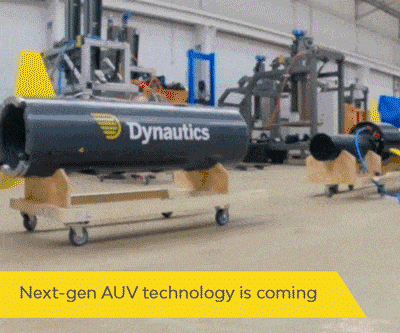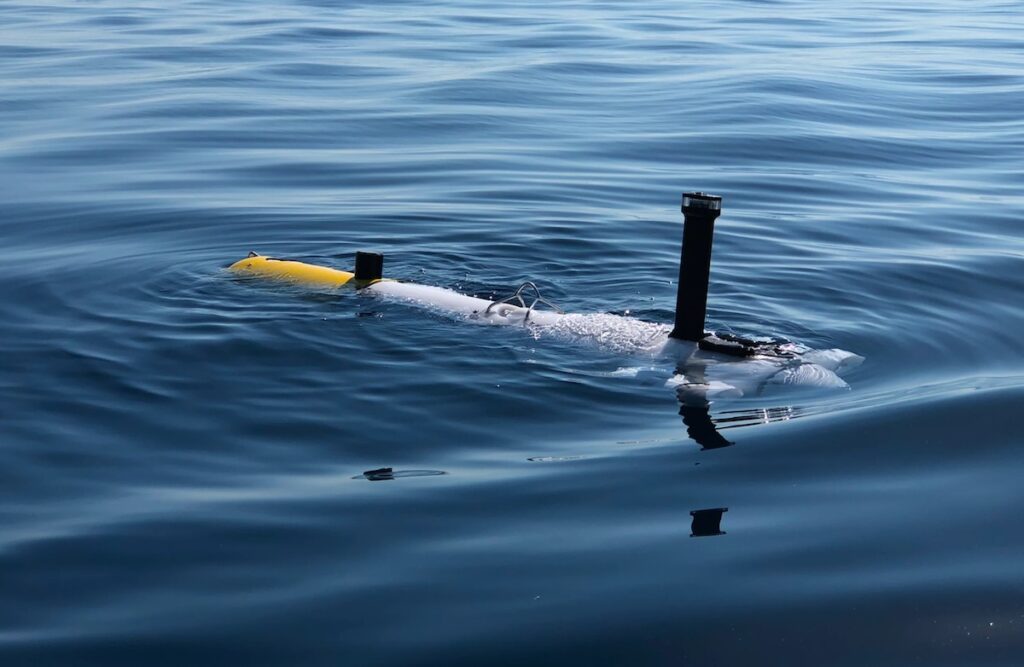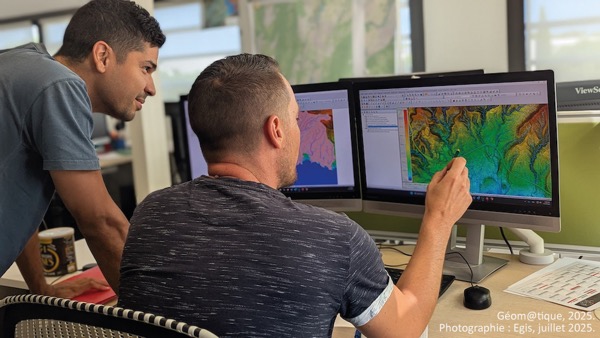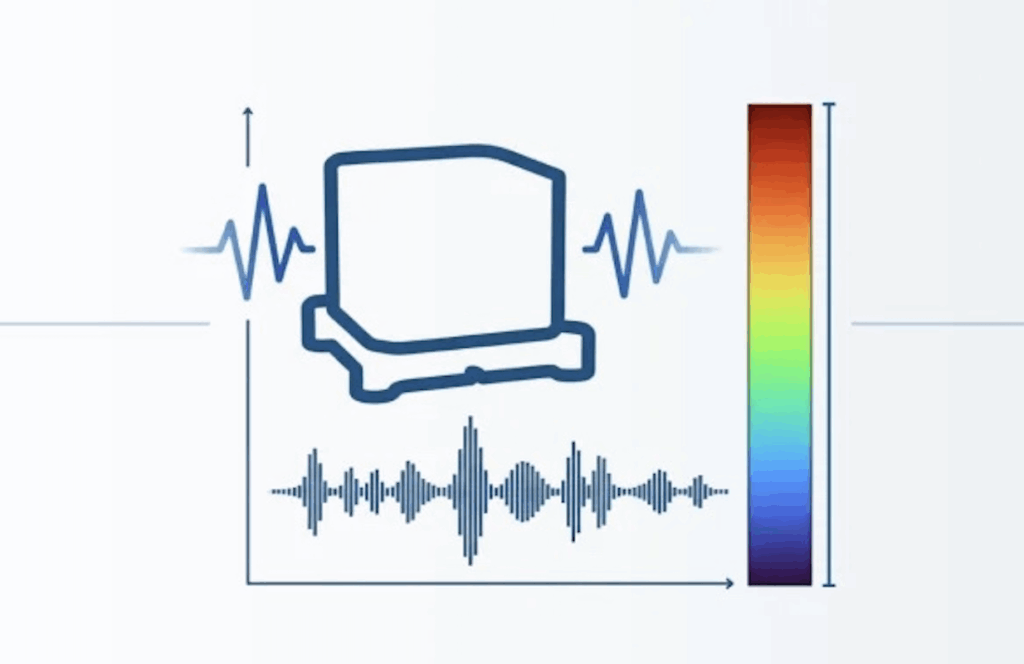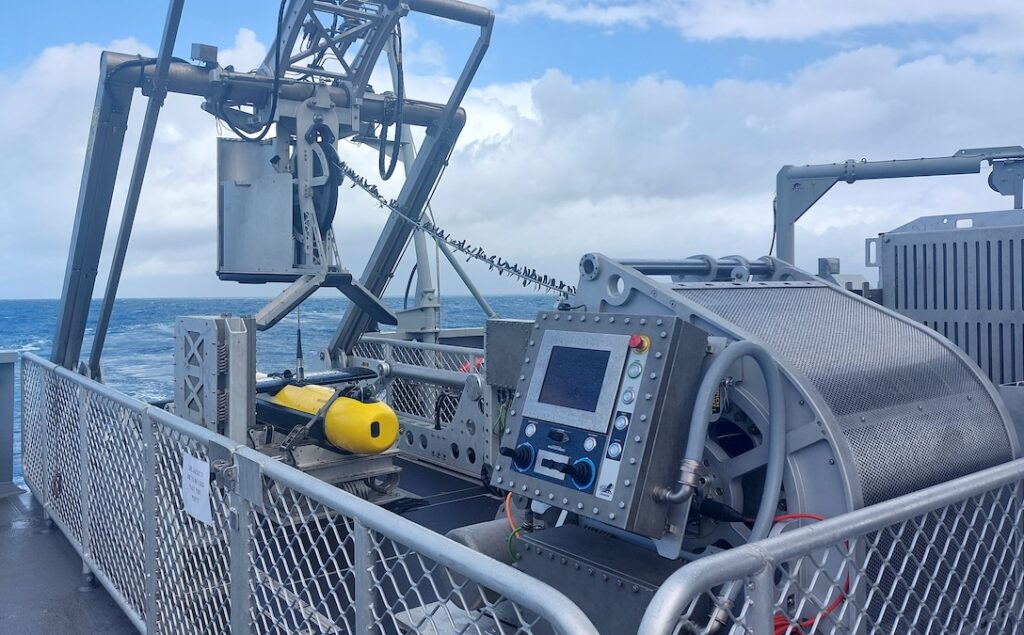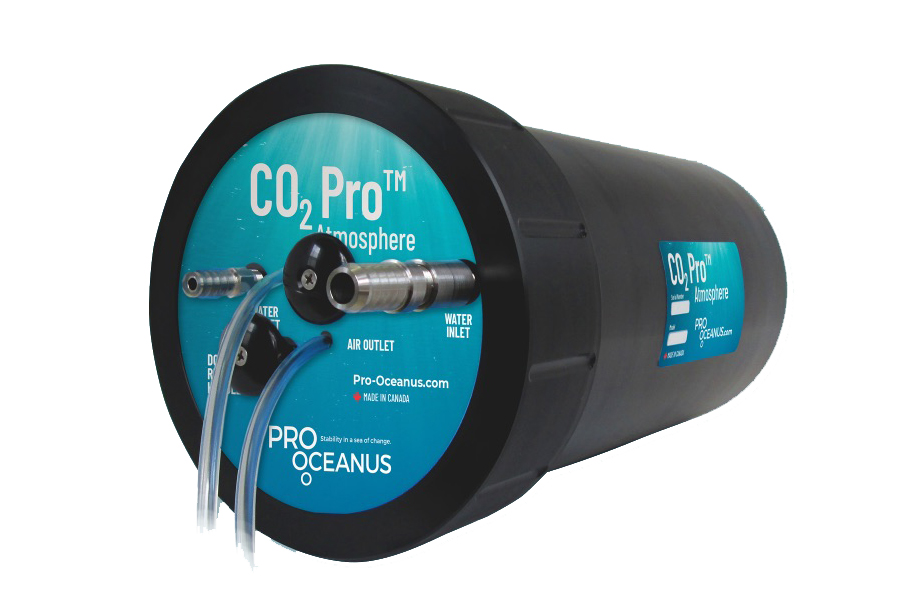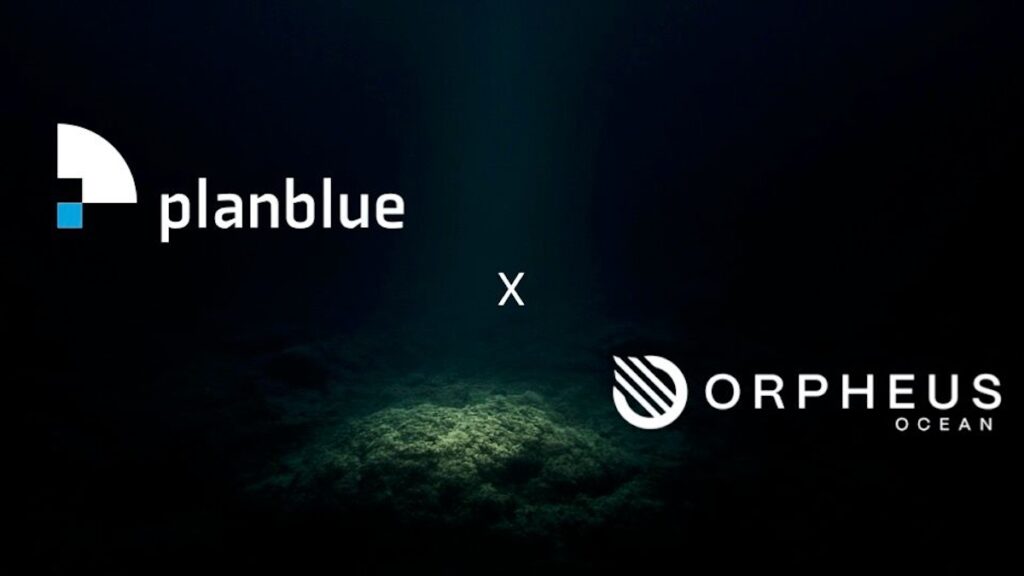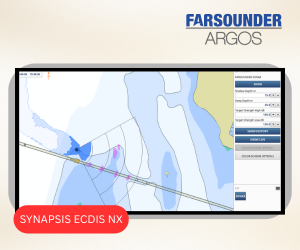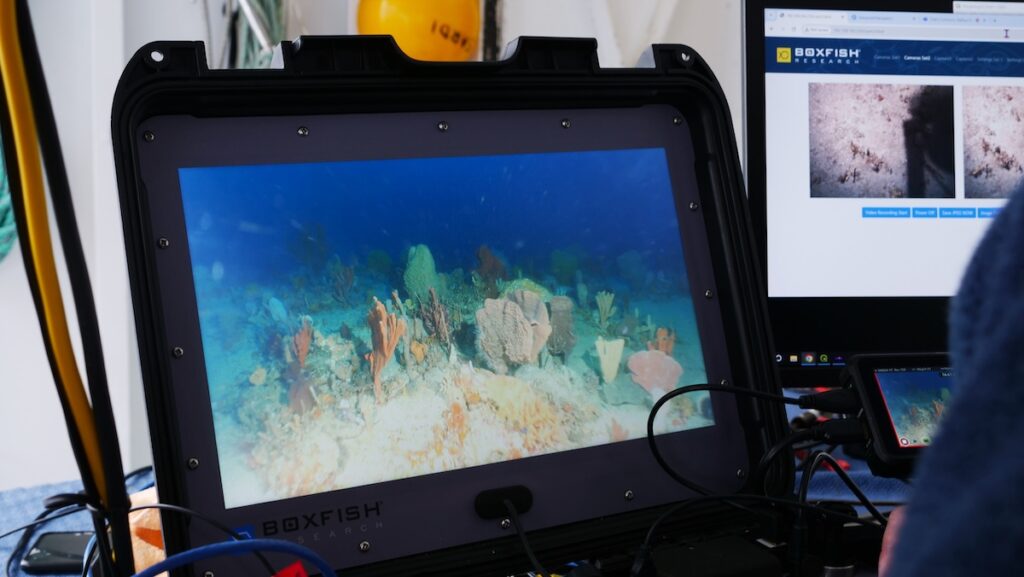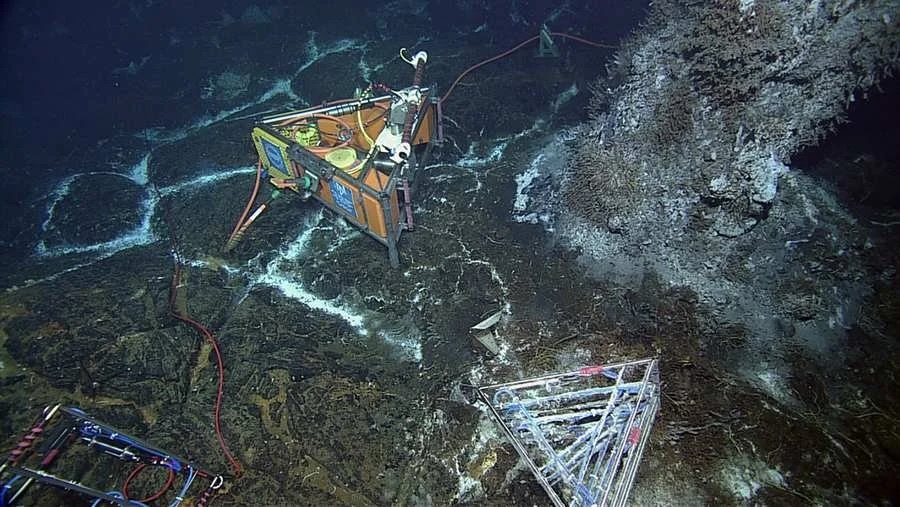
Discover World-Leading Technologies for Ocean Science
Discover cutting-edge solutions from leading global suppliers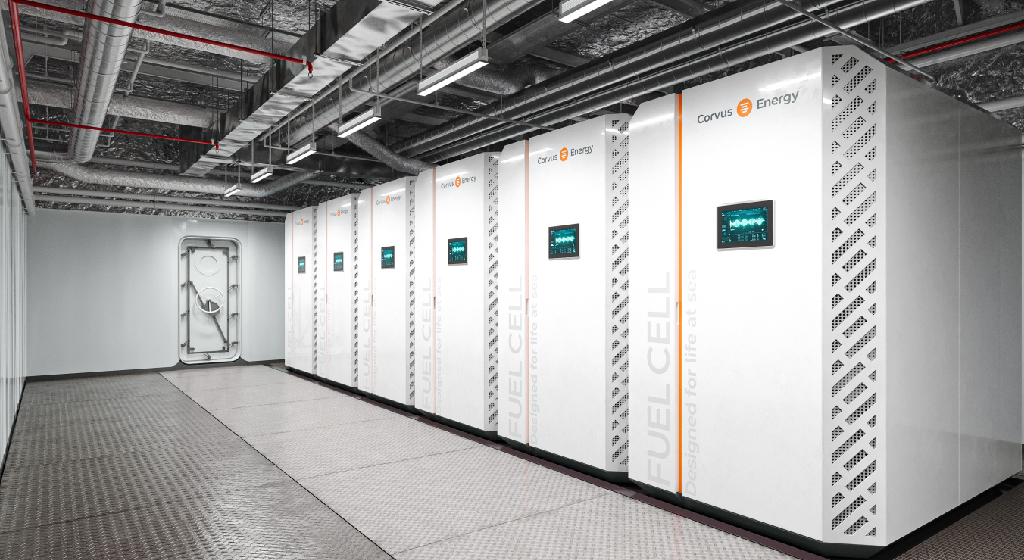
Corvus Energy has announced the launch of its inherently gas-safe marine fuel cell product, the Corvus Pelican Fuel Cell System (FCS). The new product represents a significant leap forward in safe, clean, and efficient power generation for marine vessels.
Using well-proven fuel cell technology from Toyota, used in more than 20.000 cars, and adding the safety level needed for marine, enables the Pelican FCS to be installed anywhere onboard a vessel.
The modular and flexible system is designed to be Inherently Gas Safe, meaning that the surrounding machinery space is considered gas safe under all conditions. This significantly reduces the requirements of safety support systems and ventilation, thereby enabling more efficient integration of the FCS inside the ship’s hull.
Speaking of the innovative technology Geir Bjørkeli, CEO of Corvus Energy explained; “Our mission is to power a clean future, and through the years, we have been pioneers on a lot of different vessel types. However, batteries cannot take us all the way. If you want to sail zero-emission, you will need to bring clean energy in a different format. We strongly believe hydrogen is the natural choice for shorter and medium-distance routes as this is the most energy-efficient way. The safety level as well as the flexibility and modular design will revolutionize marine power going forward.
He continued: “We really need to thank Toyota and the other partners for their strong contribution – we would never have been able to take such an advanced product to the market this quickly without this strong consortium.”
Corvus Energy fuel cell systems are ideally combined with Corvus Energy batteries to form a hybrid power system. Energy Storage Systems handle load variations perfectly, and fuel cell systems perform best at stable loads. Together they are perfect partners. Corvus Energy is now developing CoPilot, an application for fuel cell and battery systems, supporting system integrators to optimally distribute power between fuel cell systems and batteries. The results are prolonged lifetime, more efficient operation, simplified integration effort and reduced total cost of ownership.
The Corvus Pelican Fuel Cell system is the result of the H2NOR research project that started in 2021. H2NOR was initiated by Corvus Energy, Toyota and other partners to fast-track the development and production of sustainable and scalable Maritime Hydrogen Fuel Cell Systems




